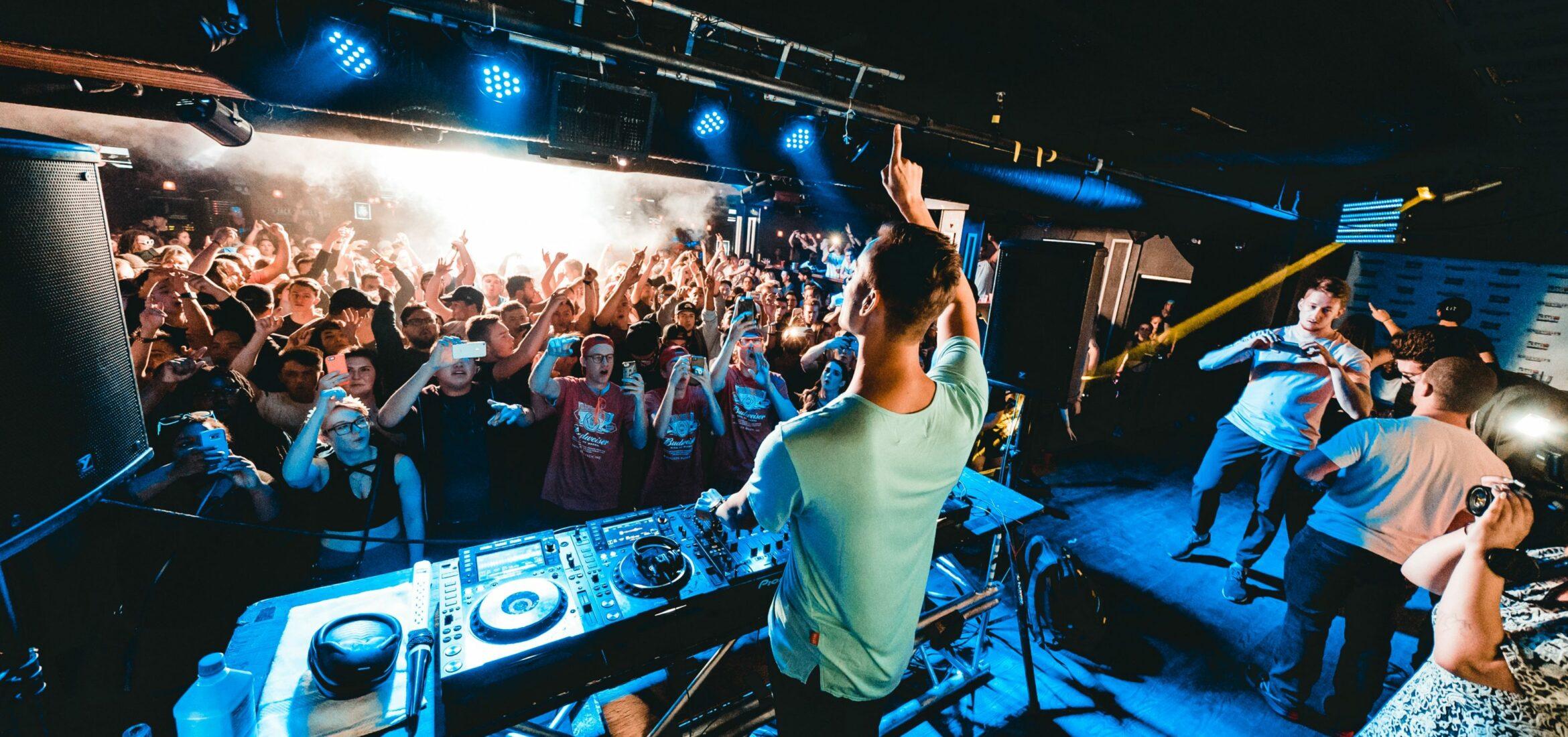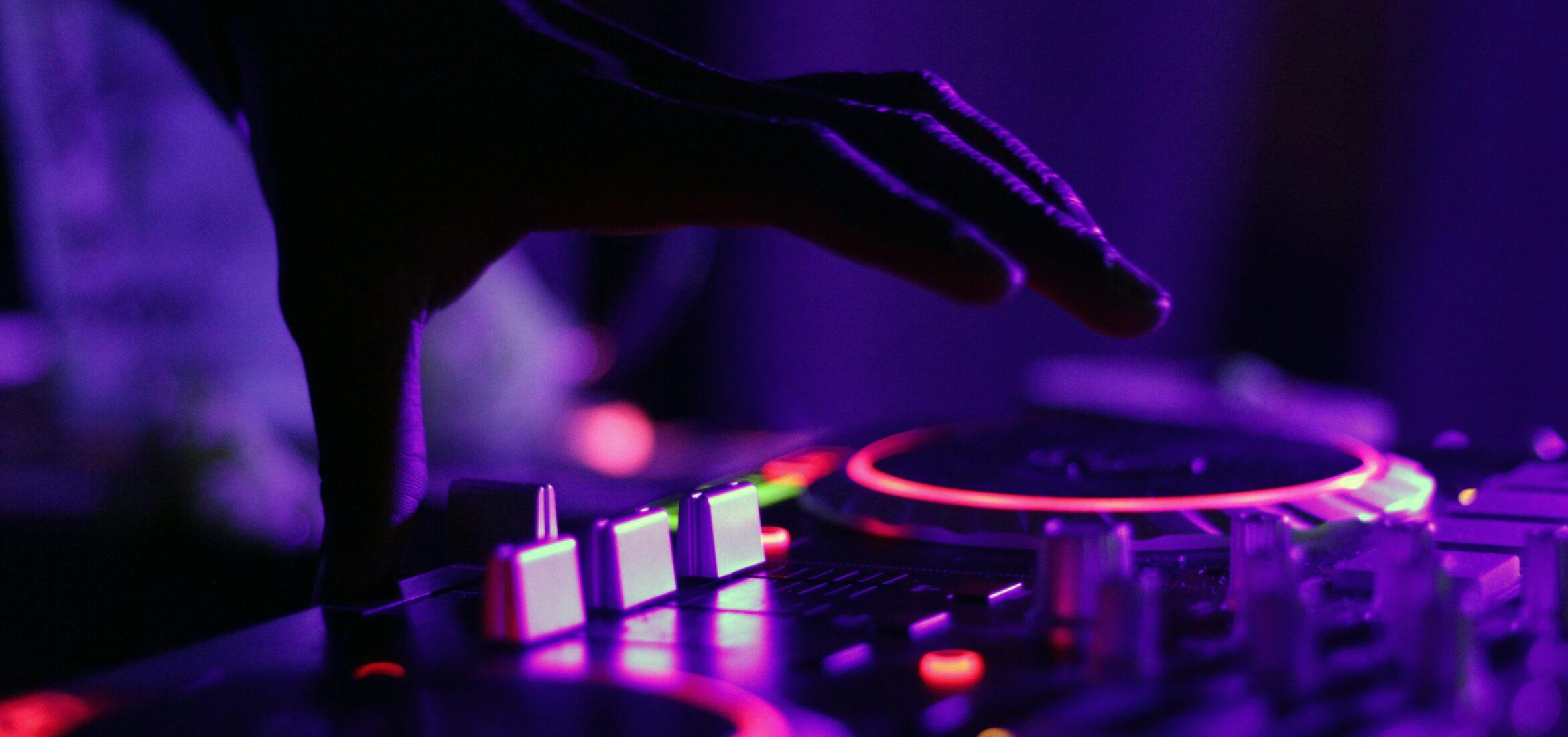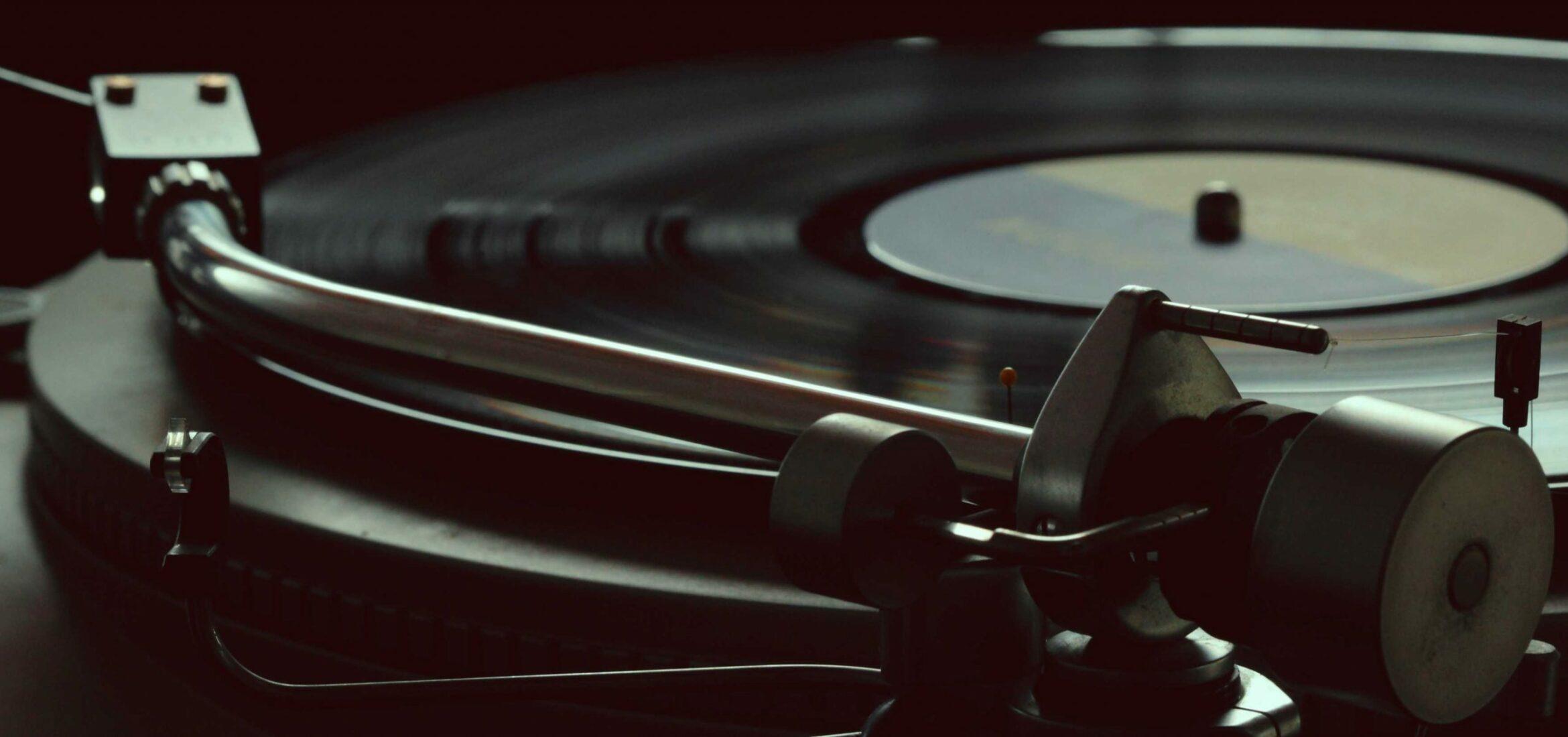Today it seems like everyone wants to learn how to become a DJ. The role of “disc jockey” has changed quite a bit since its beginnings. While the term first came to light in the early days of talk radio, DJs, as we know them, entered the fray in the 1960s. Producers and musicians began tinkering with analog sound systems, tape recorders, vinyl records, and any audio source imaginable. Eventually, Rudy Bozak invented the first DJ mixers, which were placed between two turntables. This setup became the standard for DJs everywhere, even as digital technology took over.
The spirit of the DJ still lives on today. In fact, DJing has become more popular now than ever before, just in a new form. As we’ve discussed before, advances in technology open doors for new talent and allow for exciting developments in music culture. The world of DJing is evolving, and it’s good to know this before you seek out how to become a DJ. So yes, becoming a DJ is easier now than ever before. That being said, becoming a great DJ, like anything else, takes time, effort, practice, and experience. Still, you’ll have to start somewhere. Let’s look at five steps you can take to get started on your DJ journey.
1. How to Become a DJ: What Kind of DJ?
The term “disc jockey” means slightly different things contextually. An event DJ might take on the role of a master of ceremonies for weddings, Bar Mitzvahs, and birthdays. Club DJs typically play and mix some tunes in the background. Radio DJs entertain listeners over the airwaves with words, careful song selection, and transitions. Turntablists will be the main focus here. These performers are typically the main event of a big, exciting show, like any other live musician or band. While all DJ roles revolve around matching music to moods and controlling the atmosphere of a room, the details of each vary widely. Keep this in mind before going further, as different types of DJs require different skills, gear, and networks.
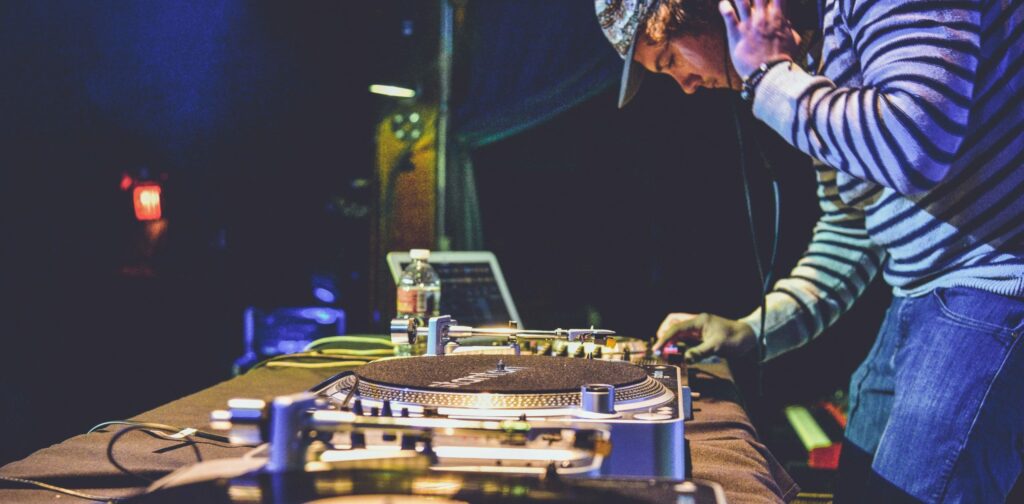
2. Get the Right Gear
By now, this should be obvious. Proper audio equipment alone won’t make you a great DJ, but it certainly won’t hurt. The gear DJs used in the 60s and 70s differs quite a bit from the current standard. While some purists and Luddites still hold onto their old turntables and mixers, most modern DJs implement other tools. Most modern DJ controllers pay homage to the design of the original turntables, but the technology behind them differs significantly. Your first DJ turntable should be one that best suits you and your style.
Before even delving into the necessary hardware for DJing, consider software. For over a decade, Ableton Live has taken the crown for turntablist DJs everywhere. This software comes packed with samples, beat analysis technology, audio to MIDI conversion, and much more. Of course, other DAWs like FL Studio, Logic Pro X, and Cubase all function similarly and compete with Ableton Live. The full suite version of Ableton Live (or any of these DAWs) doesn’t come cheap, but the introductory version only costs about $99 USD and will allow you to get familiar with the interface.
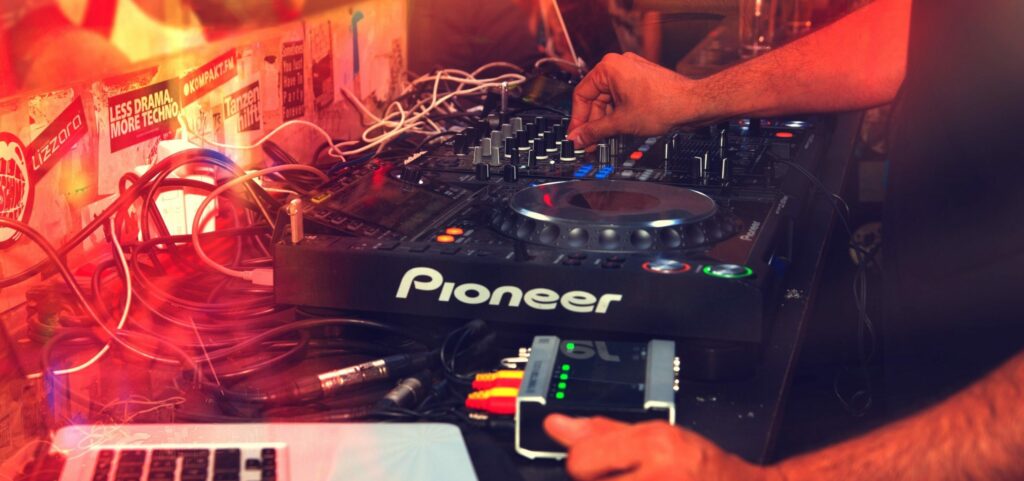
As for hardware, you’ll need a powerful laptop and a DJ controller. Pioneer DJ makes several popular and reasonably priced controllers. For instance, the DDJ-SB2 serves as a competent low-cost DJ controller that will open the door to more complex hardware down the line. Other great manufacturers include Numark and Denon. Check out these brands and do some research on cost, complexity, and features before making a decision.
3. Learn the Basics
Once you’ve chosen and obtained your DJ software and hardware, it’s time to get used to how it all works. All the settings, buttons, knobs, and numbers can overwhelm the novice eye. Fortunately, there is no shortage of online tutorials, in both written and video form, to help you along the way as you learn how to become a DJ.
Before diving too deep, however, consider some basic functions and terms you’ll need to know. Phrasing, EQing, beat matching (or syncing), phase, tempo, etc., will all become common in the DJing lexicon. You might already know a bit about these terms, but now you must look at them in a new light. You’ll also have to train your mind and body on where to go to perform different tasks on the controller and in the DAW. When learning the basics of how to become a DJ, always keep these key ideas in mind.
4. Use Your Creativity
Once you have a feel for DJing, you need to set yourself apart from other DJs and musicians in your area. If you can’t do that, you have little chance of breaking through to larger audiences. Get out there and watch/listen to more experienced DJs for a little inspiration. Don’t aim to copy their moves, of course, but the more you witness, the more your own voice will begin to surface. Tinker with surprising transitions and unique samples; play with contrast in lyrics, key, and tempo. Play music you enjoy yourself and find ways to put your own spin on it. This defines the role of the DJ.
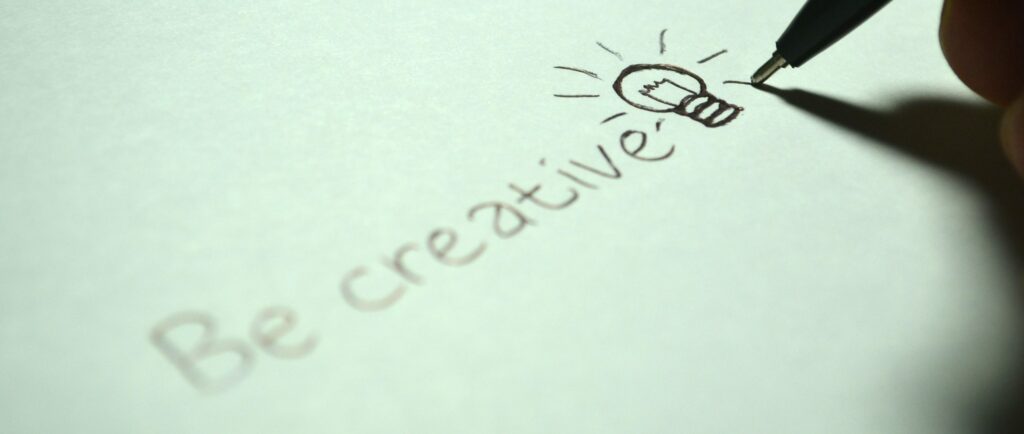
5. Get in Front of People
So, you’ve figured out the kind of DJ you want to be, bought the proper gear, know how to use it, and found your unique flavor. All that’s left is to get out of your room and let others experience your hard work and energy! When you’re at events, try talking to fans, DJs, promoters, and venue staff to make yourself known. Print some business cards to legitimize and promote your band. Get on social media, record some demos, and start small at friends’ houses and little clubs. The larger audiences might come, but not for some time. Right now is the time to gain experience, reach some new ears, and ultimately, have fun.
Conclusion
These steps on how to become a DJ are simple, though the journey itself is not. It takes time, money, and a lot of practice to get good at anything, especially DJing. You’ll make mistakes along the way. Don’t let this discourage you, though. Rather, see it as a new adventure. The more you learn, the more fun you’ll have, and the better you’ll get. You just have to start somewhere.
Informazioni sull'autore

Ethan Keeley
Scrittore, doppiatore, musicista e redattore audioEthan Keeley è un musicista, doppiatore e scrittore di Rochester, New York. Quando non è in tour con la sua band Unwill, lavora a nuove canzoni e storie.
Lascia un commento
Log in per commentare
